Alliance for Public Health, leading a regional consortium uniting Network of People living with HIV/AIDS 100% Life, Central-Asian PLH Association and Eurasian Key Populations Health Network (EKHN), manages the multi-country project ‘Sustainability of services for key populations in Eastern Europe and Central Asia region’, funded by the Global Fund in amount up to USD 13 million. The project will be implemented throughout 2019-2021 and aims to reduce the HIV epidemic in the Eastern Europe and Central Asia and South East Europe regions through accelerating progress on Fast-Track by 2020 and to ensure the sustainability of HIV services for key populations in 14 countries of the regions: Belarus, Bosnia and Herzegovina, Georgia, Kazakhstan, Kyrgyzstan, Moldova, Montenegro, North Macedonia, Romania, Russia, Serbia, Tajikistan, Ukraine and Uzbekistan.
The project launch meeting was held on 26 March 2019 in Kyiv, Ukraine. It gathered all implementing partners, regional and global stakeholders, donors active in the region to discuss the program approaches and plans, get strategies advise and coordinate with other regional initiatives to maximize impact of investment.
At the project coordination meeting on 27 March all regional consortium members, project sub-recipients, implementing and technical partners in the region to discuss and coordinate the concrete plans and timelines for project activities among the implementers.

To achieve the expected savings, the project will develop strategies for optimizing the cost of ART regimens, which will lead to a decrease in the average cost of first-line ART. Advocacy activities will also be carried out aimed at reducing prices for ARVs and using savings to finance the needs of prevention and care services for the Key Groups and PLHIV. In addition, work to optimize clinical guidelines for ART, a list of drugs in accordance with WHO guidelines is planned, as well as advocacy to include countries in voluntary licensing and registration of generic manufacturers.
 Andriy Klepikov, the Executive Director of the Alliance for Public Health, said that almost half of these funds ($ 5.6 million) will go to the advocacy of the reduction of prices for ARV drugs and optimization of procurement mechanisms. Another quarter of the project budget ($ 3.2 million) is planned for budget advocacy. $ 1.6 million is provided for the removal of legal barriers, the same amount for project management. Another $ 1 million will go to operational research.
Andriy Klepikov, the Executive Director of the Alliance for Public Health, said that almost half of these funds ($ 5.6 million) will go to the advocacy of the reduction of prices for ARV drugs and optimization of procurement mechanisms. Another quarter of the project budget ($ 3.2 million) is planned for budget advocacy. $ 1.6 million is provided for the removal of legal barriers, the same amount for project management. Another $ 1 million will go to operational research.
“The idea is not only to throw in some initiatives, but simultaneously with such interventions to launch operational research, which will help identify and prove their effectiveness,” explained Klepikov. – “It worked, in particular, in Ukraine. But we would not want other countries to take it on faith. In each country for advocacy, before the Ministry of Health will start funding, it is important to get a serious evidence base, which is collected through operational research”.
DPNSEE member organisations Cazas and Timok Youth Centre will be sub-recipients of the project in Montenegro and Serbia, while HOPS is involved in project implementation in North Macedonia.



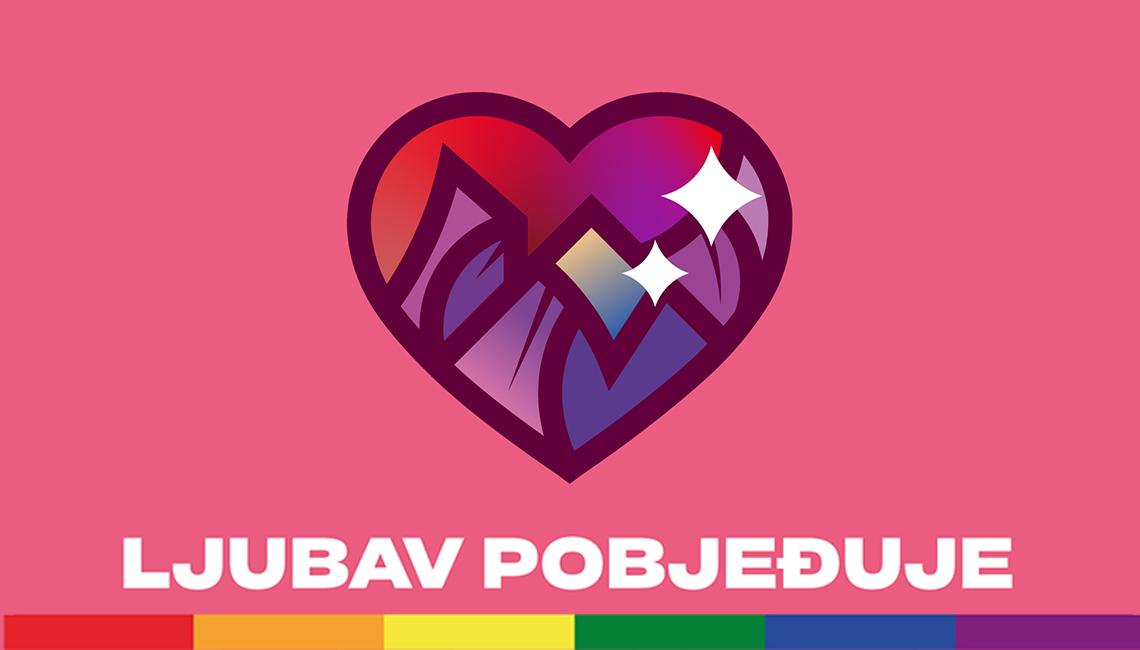
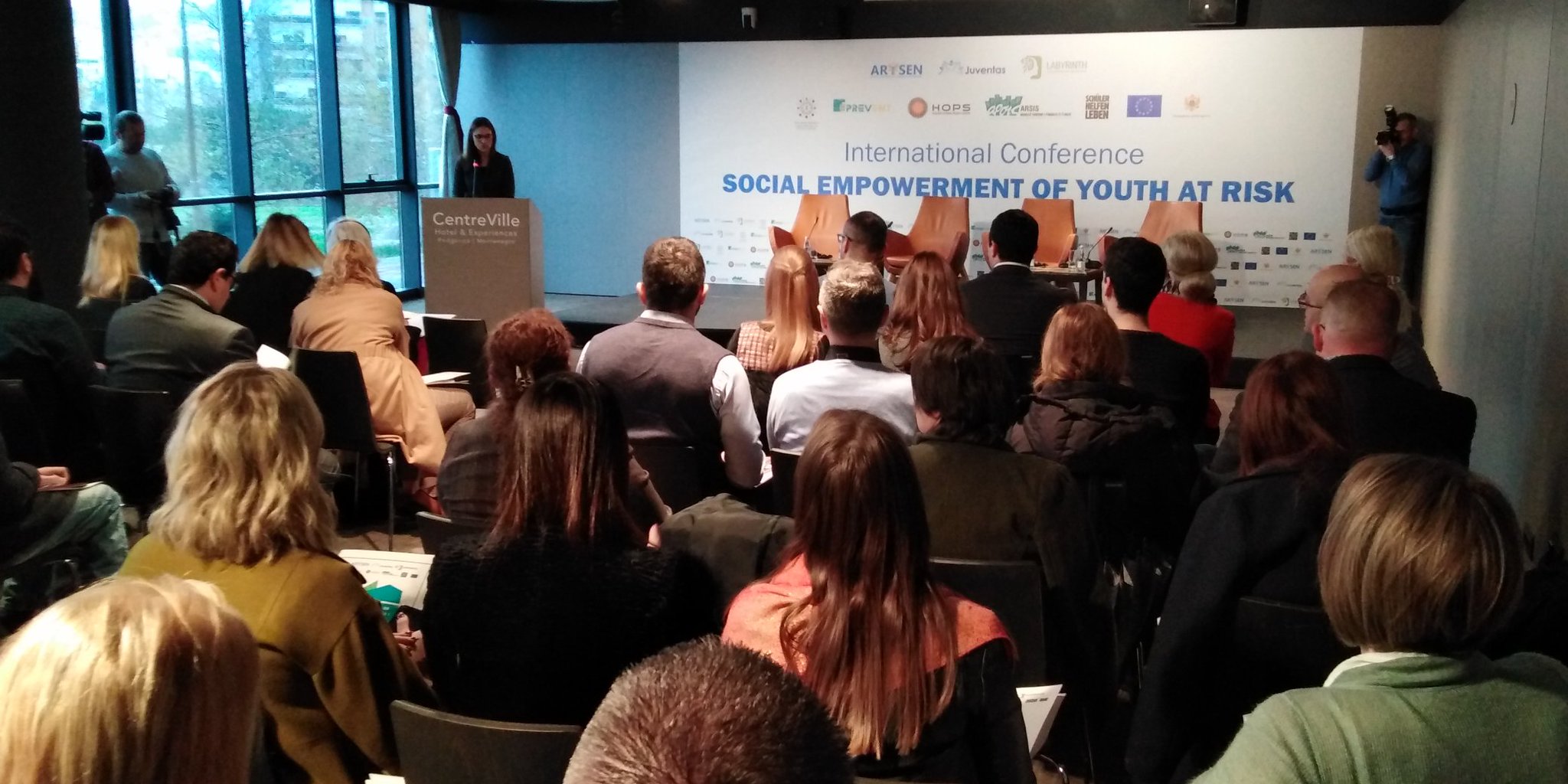

 The conference gathered policy officials, researchers, service providers, civil society activists and members of the academia from the region of Western Balkan and Europe to discuss current social position of different youth at risk categories and main obstacles for better social integration. Guests and speakers included Nikola Janović, Minister of Sports and Youth, Government of Montenegro and representatives of the ministries of Health, Education, Justice and Labour and Social Welfare, Fiona McCluney, resident coordinator, UN system Montenegro, Michaela Bauer, UNICEF’s Deputy Representative for Montenegro and Ana Margarida Tome De Freitas Mariguesa, European Delegation to Montenegro, among others.
The conference gathered policy officials, researchers, service providers, civil society activists and members of the academia from the region of Western Balkan and Europe to discuss current social position of different youth at risk categories and main obstacles for better social integration. Guests and speakers included Nikola Janović, Minister of Sports and Youth, Government of Montenegro and representatives of the ministries of Health, Education, Justice and Labour and Social Welfare, Fiona McCluney, resident coordinator, UN system Montenegro, Michaela Bauer, UNICEF’s Deputy Representative for Montenegro and Ana Margarida Tome De Freitas Mariguesa, European Delegation to Montenegro, among others.

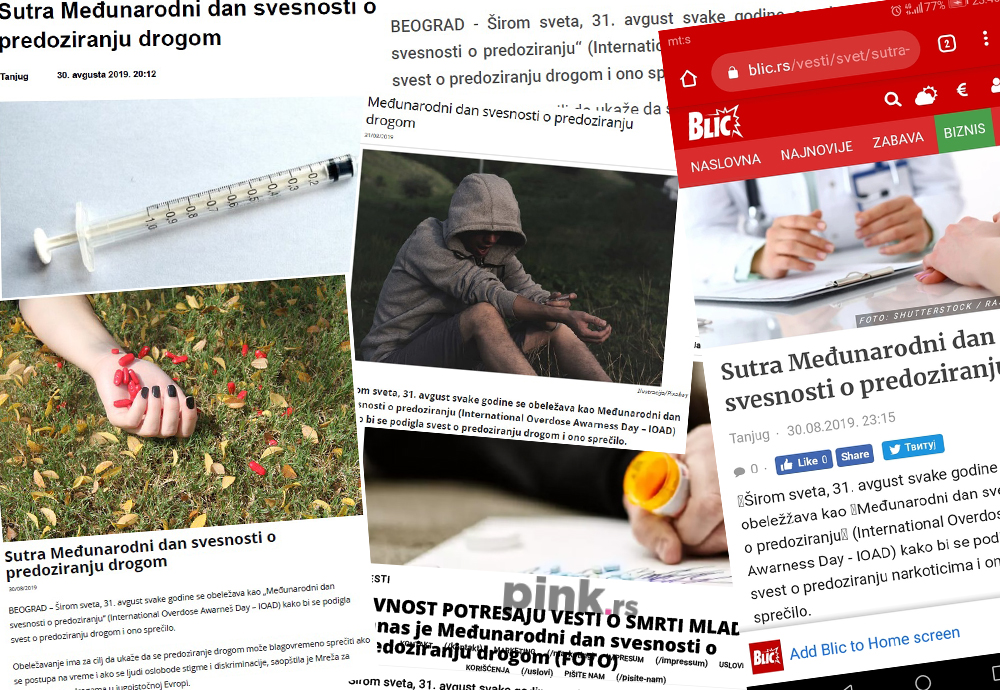
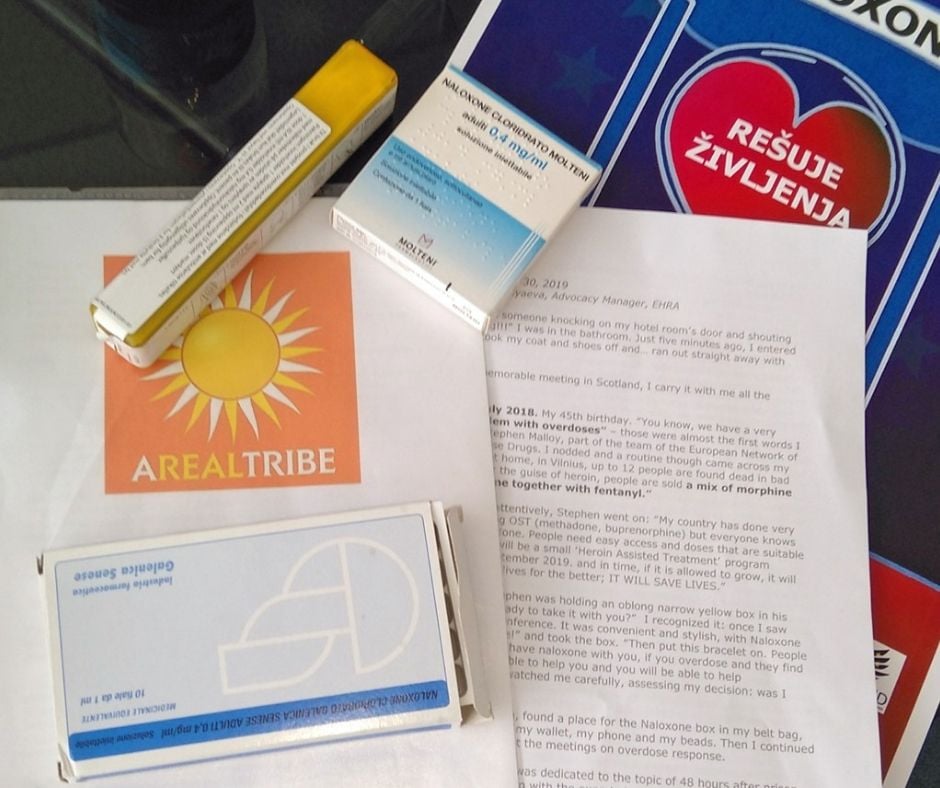

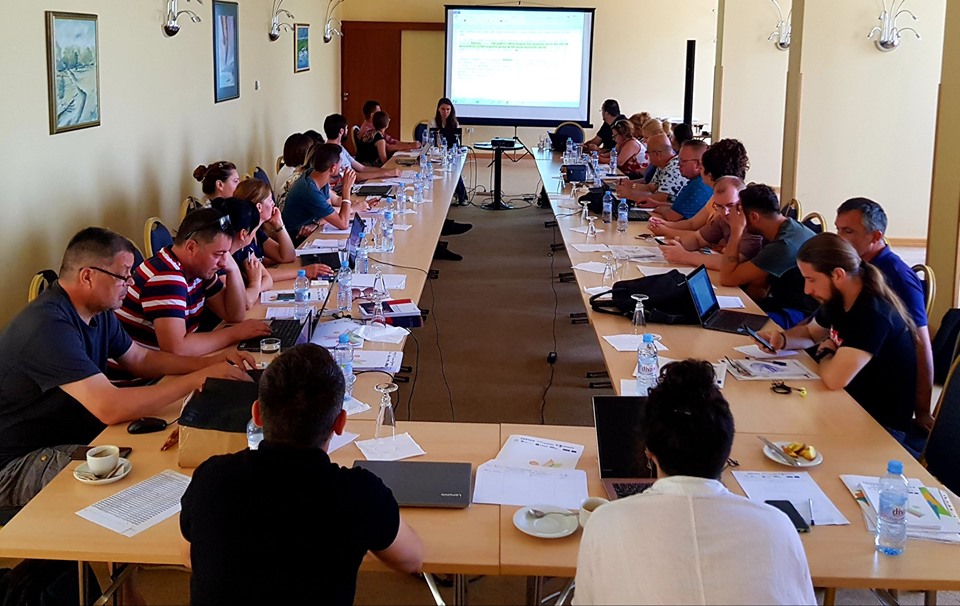
 Within the project “Strengthening young people at risk of social exclusion“, a regional training of the
Within the project “Strengthening young people at risk of social exclusion“, a regional training of the 
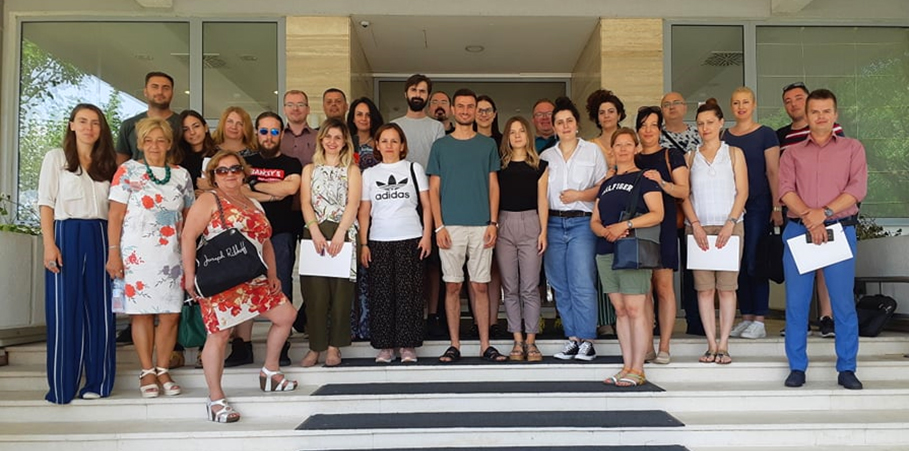



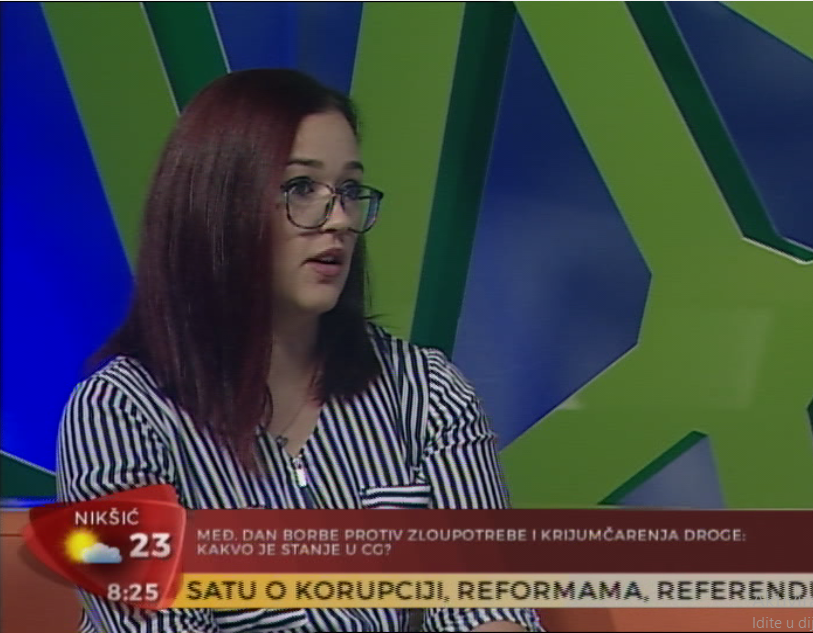

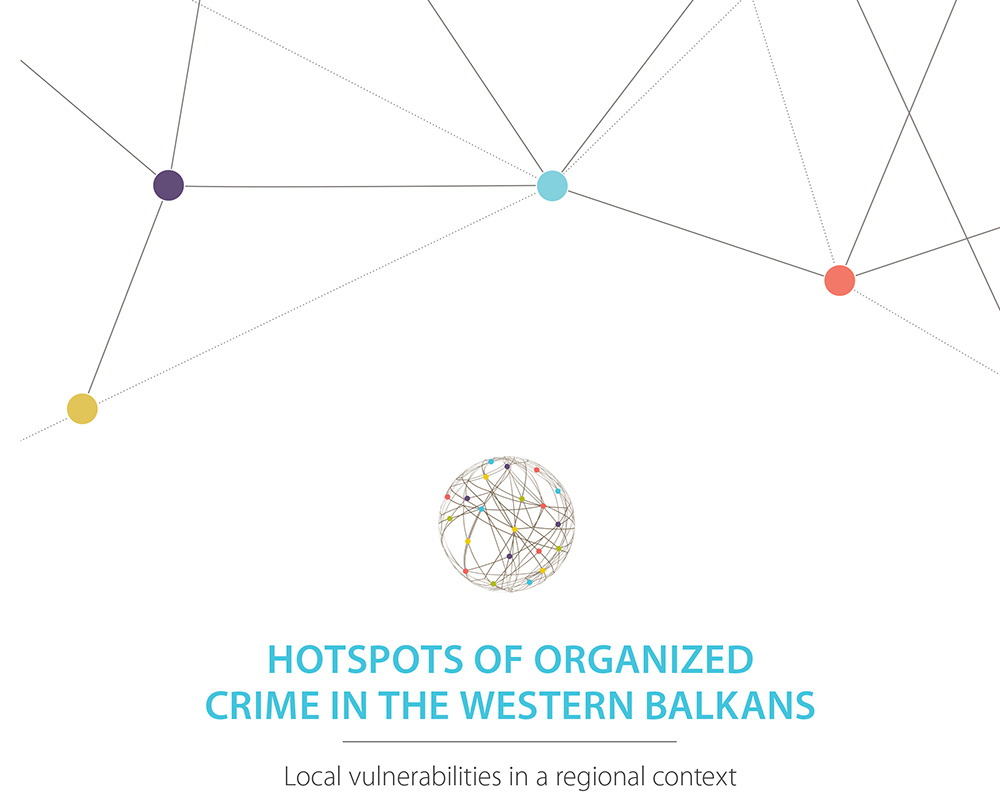

 The report is available in
The report is available in 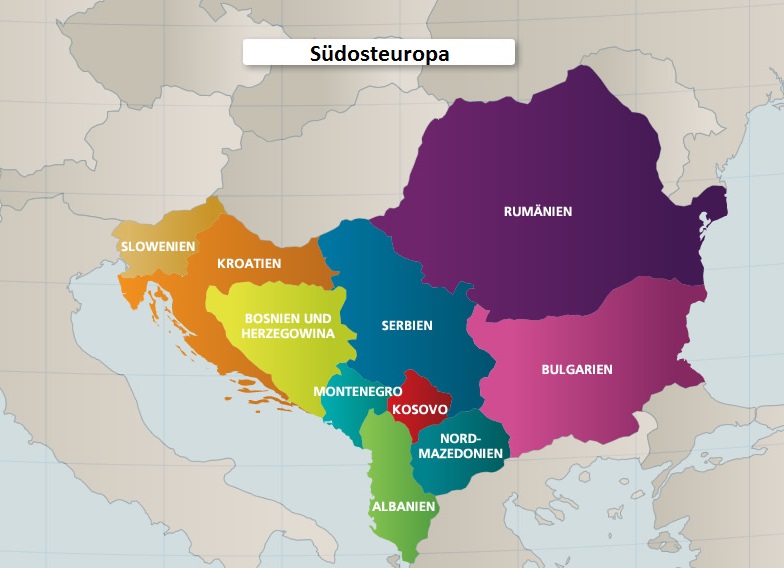
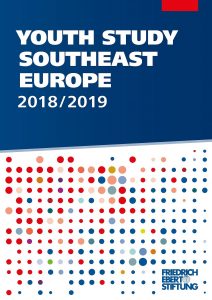 The most important results are grouped under headlines:
The most important results are grouped under headlines: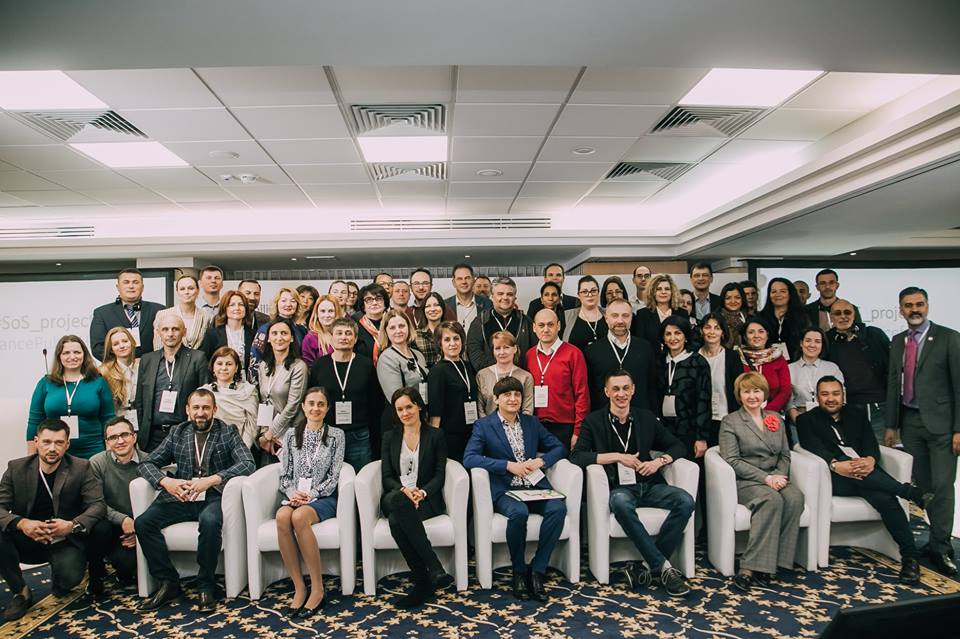

 Andriy Klepikov, the Executive Director of the Alliance for Public Health, said that almost half of these funds ($ 5.6 million) will go to the advocacy of the reduction of prices for ARV drugs and optimization of procurement mechanisms. Another quarter of the project budget ($ 3.2 million) is planned for budget advocacy. $ 1.6 million is provided for the removal of legal barriers, the same amount for project management. Another $ 1 million will go to operational research.
Andriy Klepikov, the Executive Director of the Alliance for Public Health, said that almost half of these funds ($ 5.6 million) will go to the advocacy of the reduction of prices for ARV drugs and optimization of procurement mechanisms. Another quarter of the project budget ($ 3.2 million) is planned for budget advocacy. $ 1.6 million is provided for the removal of legal barriers, the same amount for project management. Another $ 1 million will go to operational research.